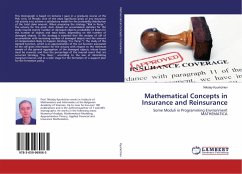The availability of high performance computing
clusters has allowed scientists and engineers to
study more challenging problems. However, new
algorithms need to be developed to take advantage of
the new computer architecture. Since the solution
of linear systems still demands most of the
computational effort in many problems (such as the
approximation of partial differential equation
models) iterative methods and, in particular,
efficient preconditioners need to be developed. In
this study, we consider application of incomplete
LU (ILU) preconditioners for finite element models
to partial differential equations. We study two
implementations of the ILU preconditioner: a
stucture-based method and a threshold-based method.
Since finite elements lead to large, sparse systems,
reordering the node numbers can have a substantial
influence on the effectiveness of these
preconditioners.
clusters has allowed scientists and engineers to
study more challenging problems. However, new
algorithms need to be developed to take advantage of
the new computer architecture. Since the solution
of linear systems still demands most of the
computational effort in many problems (such as the
approximation of partial differential equation
models) iterative methods and, in particular,
efficient preconditioners need to be developed. In
this study, we consider application of incomplete
LU (ILU) preconditioners for finite element models
to partial differential equations. We study two
implementations of the ILU preconditioner: a
stucture-based method and a threshold-based method.
Since finite elements lead to large, sparse systems,
reordering the node numbers can have a substantial
influence on the effectiveness of these
preconditioners.








